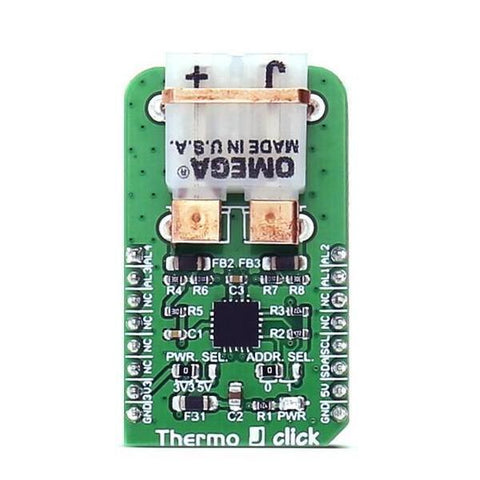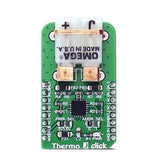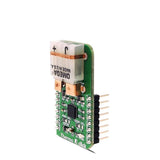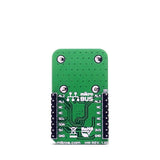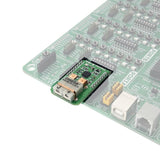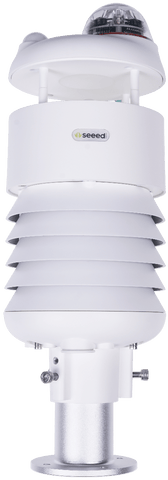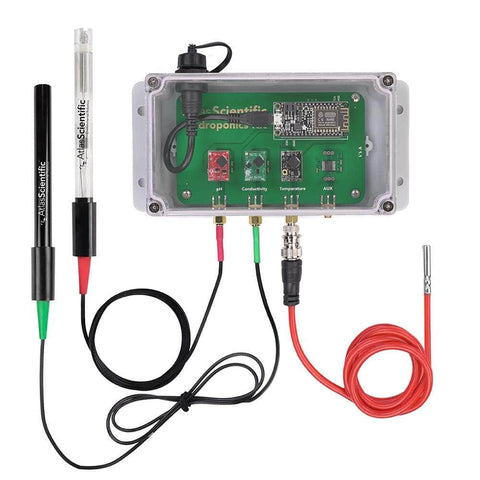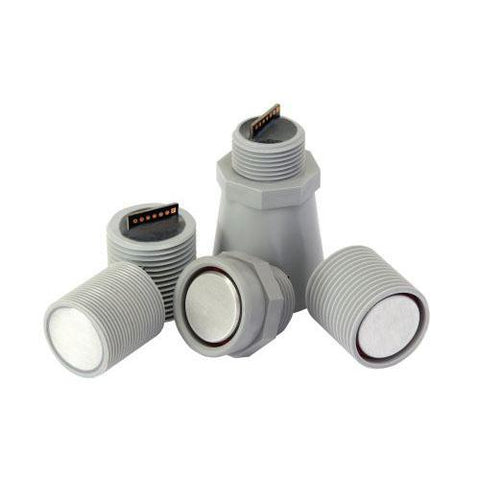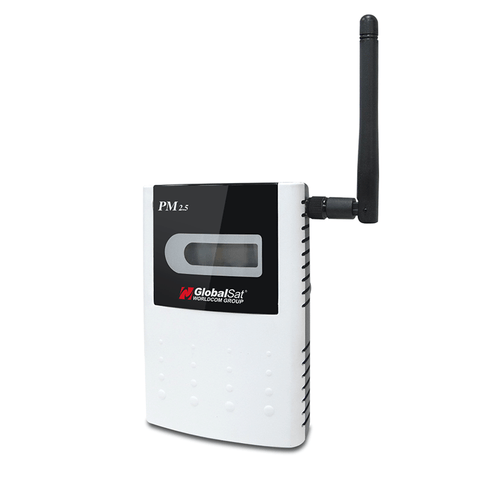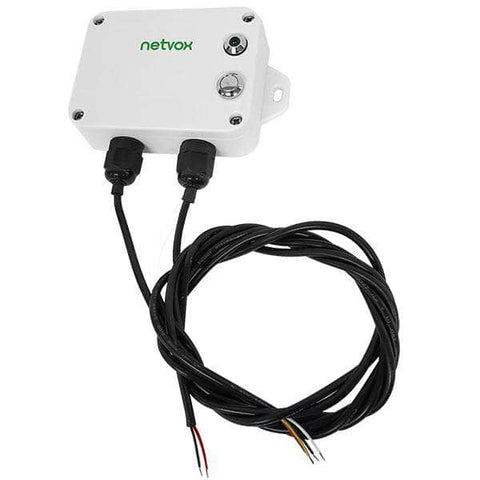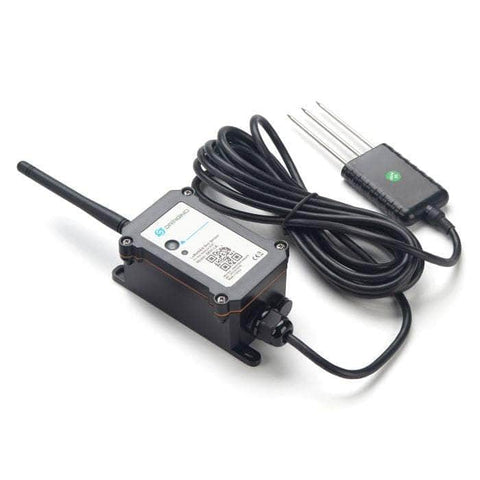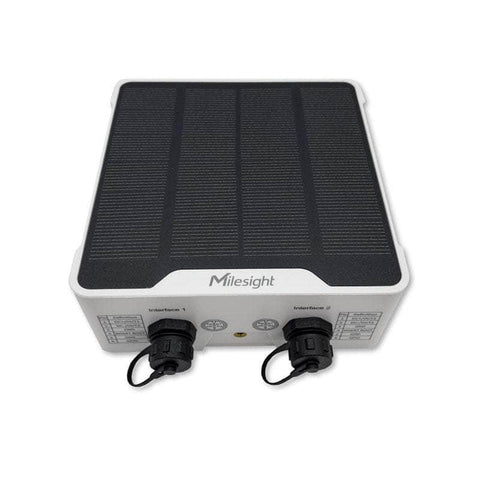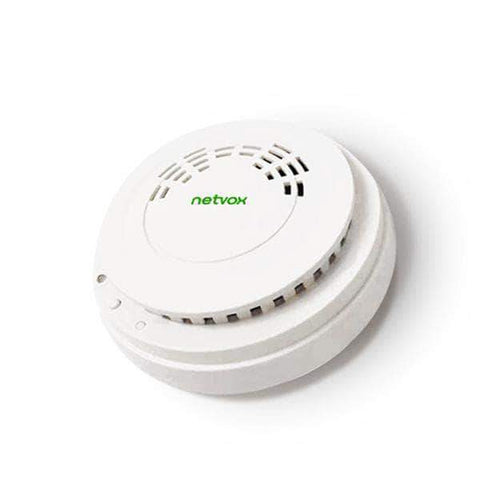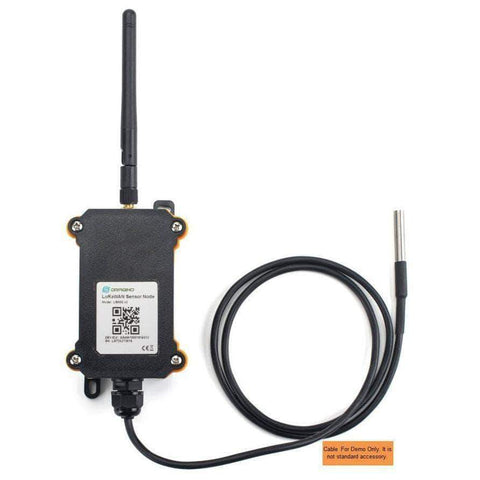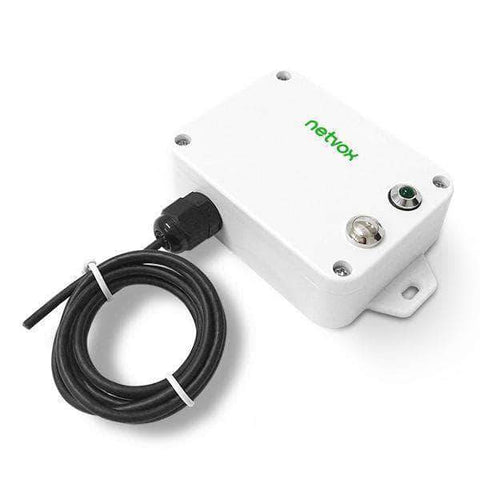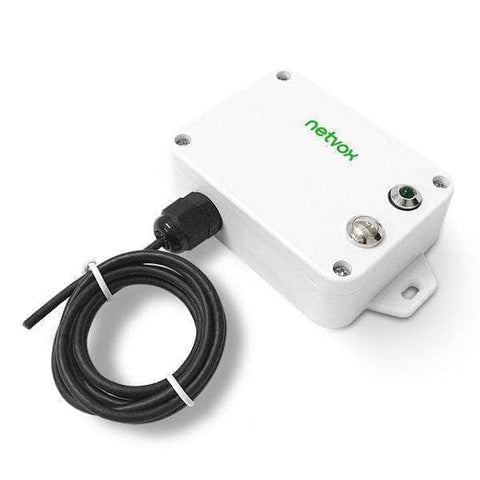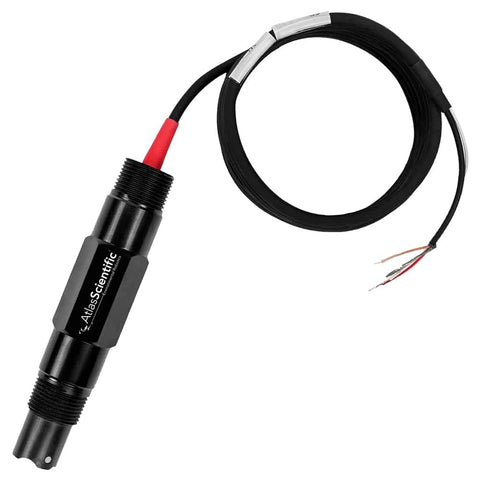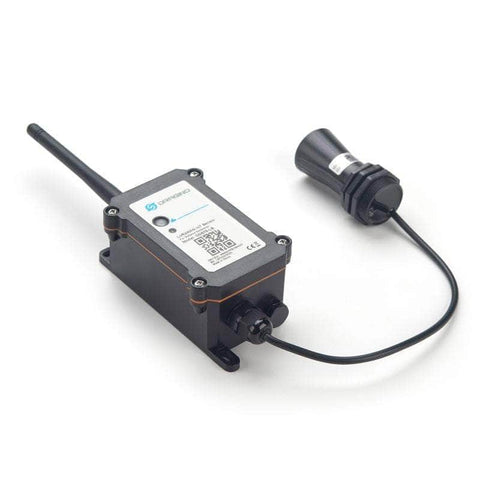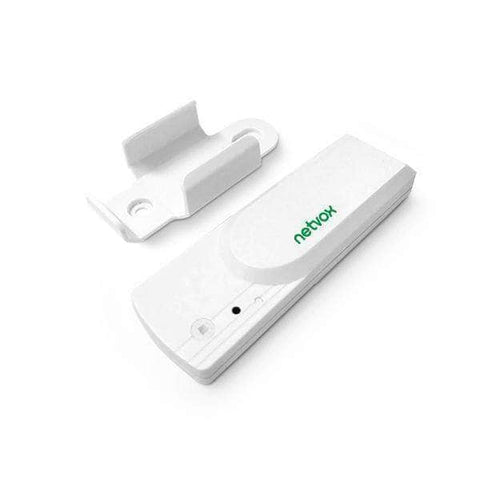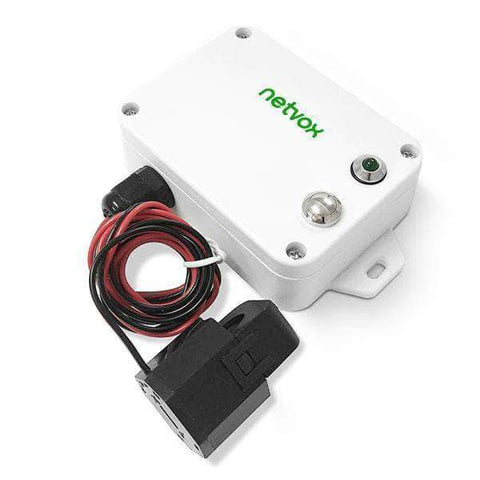Thermo J click - MikroElektronika Type-J Probe Temperature Measurement
Thermo J click - MikroElektronika Type-J Probe Temperature Measurement
Thermo J click is a temperature measurement click board™, which uses a thermocouple type-J probe, connected to a PPC-SMP-J onboard connector. The active part of the Thermo J click is MCP9600 by Microchip - a thermocouple EMF to temperature converter, with 1.5°C of maximum accuracy. The onboard PCC-SMP-J connector ensures the secure connection and accurate readings for the connected thermocouple.
The main advantage of the thermocouples over some other types of temperature measuring devices is a wide range of temperatures that they can measure. With the addition of four programmable ALERT lines routed to the mikroBUS™ pins, Thermo J click is an ideal solution for the temperature measurements in extreme conditions, hard to reach places, machinery, and similar applications.
How does the click work?
Thermo J click utilizes the thermoelectric principles for measuring the temperature. When the thermocouple joint, made of two different conductive materials, is exposed to a measuring temperature (hot end), a potential difference will be generated at the open ends of the circuit (cold end). The generated electromotive force (EMF) at the open ends of the circuit can be measured and converted into a digital form, by the 18-bit delta-sigma AD converter section of the MCP9600 IC.
To obtain the desired measurement of the temperature, the cold end temperature needs to be known, too. Since the MCP9600 features an integrated measurement of the ambient temperature (cold junction compensation), error corrected value can be read directly from the registers, using the I2C bus protocol.
The generated EMF depends on the materials that are used for the thermocouples.Those materials are standardized and categorized by types. This click uses the type-J thermocouples, composed of iron and constantan. The measuring range of this device for the type J probes, is from -150°C to 1200°C, but it depends on the used probes. Thermo J click uses a specially constructed PPC-SMP-J onboard connector for easy and secure thermocouple connection.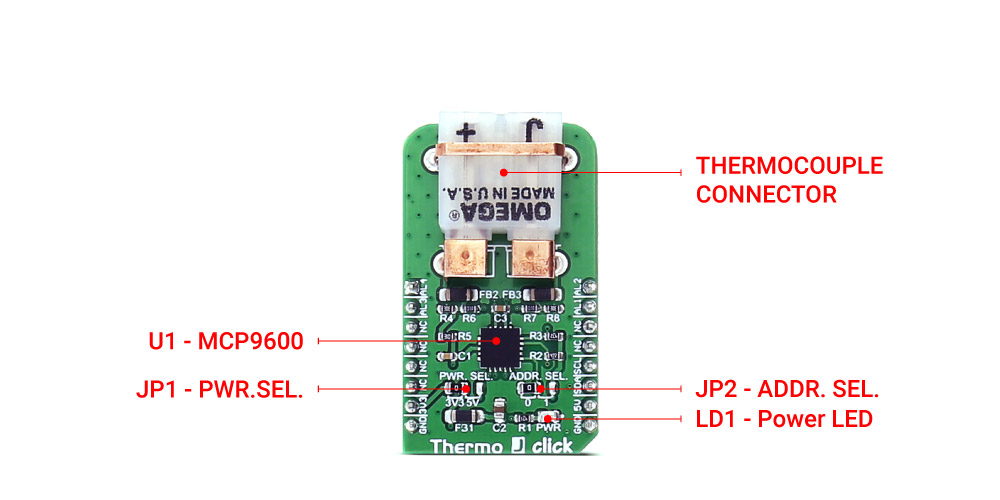
There are four ALERT lines present on the MCP9600. Those lines can be programmed by the I2C to be set to a HIGH logic level when certain temperature thresholds are reached. The lines are routed to the AN, RST, PWM and INT pins of the mikroBUS™.
The I2C address can be selected with the ADDR SEL onboard SMD jumper. The I2C address can be changed by this jumper, allowing for more than one of these click boards to be used on a system, each with the different I2C address.
The click board™ can be set to work with both 3.3V or 5V, selectable from the mikroBUS™. This can be done by the onboard SMD jumper, labeled as PWR SEL. This allows for this click board™ to be used on a wide range of different MCUs, both 3.3V and 5V tolerant.
Note: Thermo J click needs Thermocouple Type-J probes which are sold separately.
Specifications
| Type | Temperature |
| Applications | Ideal solution for the temperature measurements in extreme conditions, hard to reach places, machinery, and similar applications. |
| Key Features | Measuring wide range of temperatures, ranging from -150°C to 1200°C - depending on the used probes, comes with the PCC-SMP-Type-J connector for the secure connecting of the thermocouple probes, integrated cold junction compensation. |
| Interface | GPIO,I2C |
| Input Voltage | 3.3V or 5V |
| Click board size | M (42.9 x 25.4 mm) |
Downloads


